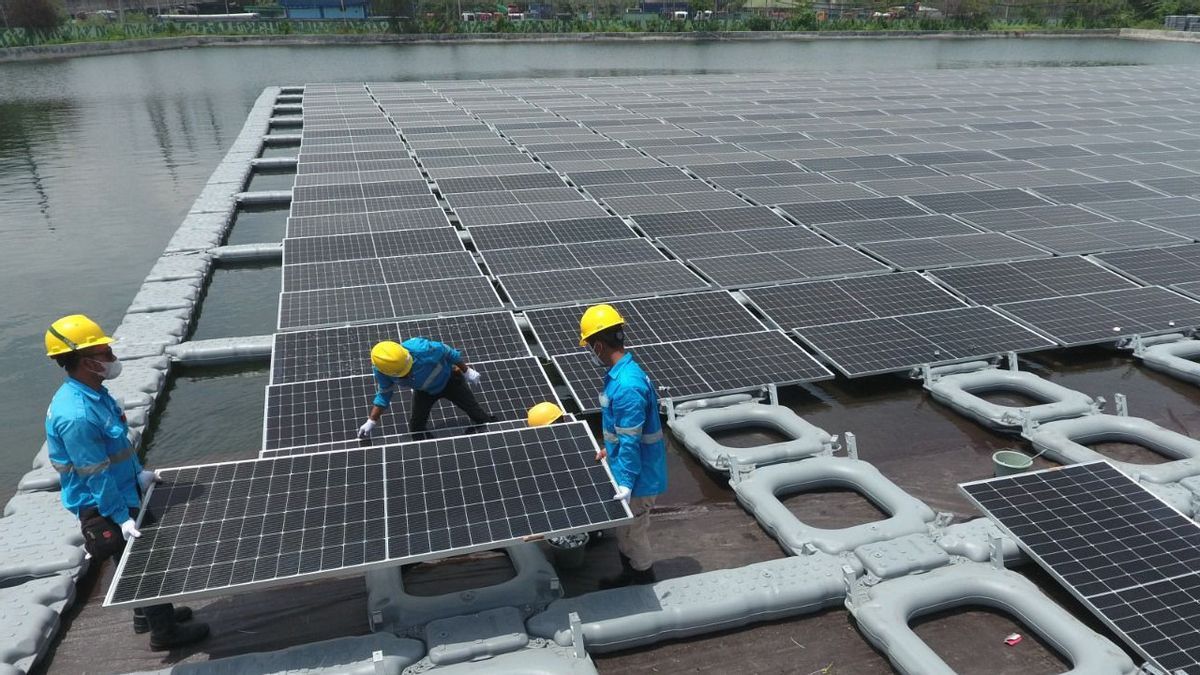Jakarta, 5 September 2024 – The progress of harmonization of the Draft Government Regulation (RPP) on the National Energy Policy (KEN) has now reached the final stage, awaiting approval from the House of Representatives to be ratified. Although intensive discussions have been taking place since 2023, including through Focus Group Discussions (FGDs) with Commission VII of the House of Representatives, until now there is no certainty when this policy will be formalized. This situation is an important concern, given the urgency of a more progressive energy policy change in facing future challenges.
Deon Arinaldo, Program Manager of Energy Transformation, Institute for Essential Services Reform (IESR), highlighted that the KEN RPP is due for an update, considering that the last update was carried out in 2014. As required, the policy should be reviewed every five years.
“However, the revision, which should provide new policy direction, has not been certain until now. The changes in the situation from 2014 to the present are very significant, especially in the context of reducing emissions and increasing the use of renewable energy,” said Deon on IESR’s Instagram Live on Wednesday (4/9/2024).
Furthermore, Deon also highlighted that there was a decrease in the renewable energy mix target in 2025 from the previous 23 percent to around 17-19 percent in the KEN RPP. Deon emphasized that the decrease in this target signifies the weakness of the commitment to make an energy transition and reflects the dominance of interests to maintain fossil energy.
According to Deon, increasing renewable energy targets should remain a priority, even higher by 2030, so that Indonesia can keep up with global momentum in the energy transition, as discussed at COP28, where global renewable energy capacity is targeted to triple.
“The private sector is expected to play a bigger role in driving renewable energy development in Indonesia. IESR’s study on Decarbonizing the Energy System projects that Indonesia’s energy needs will reach 1,600 gigawatts by 2050. All of this electricity demand could be met with 100 percent renewable energy, and Indonesia could potentially reach zero emissions by that year. This provides a great opportunity for the country to capitalize on its abundant renewable energy potential,” Deon emphasized.
With the planned inauguration of President-elect Prabowo Subianto on October 22, 2024, Deon said, there is a glimmer of hope that national energy policy will be directed more clearly towards energy transition. Renewable energy, as a safe and environmentally friendly energy source, has great potential in Indonesia and the technology is relatively easy to master.
“Clear steps from the government in strengthening renewable energy policies and targets will be key to achieving Indonesia’s goals in reducing carbon emissions and supporting the global sustainability agenda,” said Deon.

